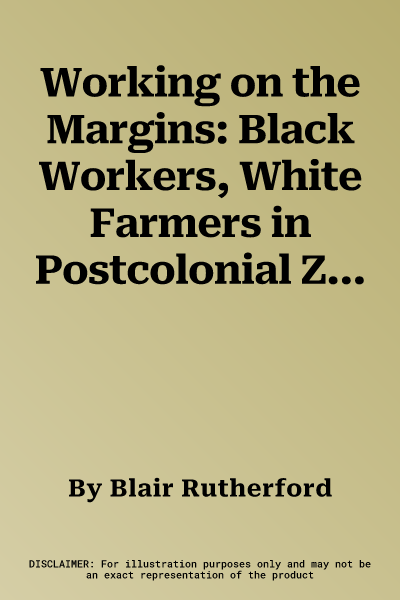Blair Rutherford
(Author)Working on the Margins: Black Workers, White Farmers in Postcolonial ZimbabwePaperback, 1 September 2001

Temporarily out of stock
Free Delivery
Cash on Delivery
15 Days
Free Returns
Secure Checkout

Part of Series
Postcolonial Encounters
Print Length
288 pages
Language
English
Publisher
Zed Books
Date Published
1 Sep 2001
ISBN-10
1842770012
ISBN-13
9781842770016
Description
Product Details
Author:
Book Format:
Paperback
Date Published:
1 September 2001
Dimensions:
21.79 x
13.31 x
1.42 cm
ISBN-10:
1842770012
ISBN-13:
9781842770016
Language:
English
Location:
New York
Pages:
288
Publisher:
Series:
Weight:
331.12 gm